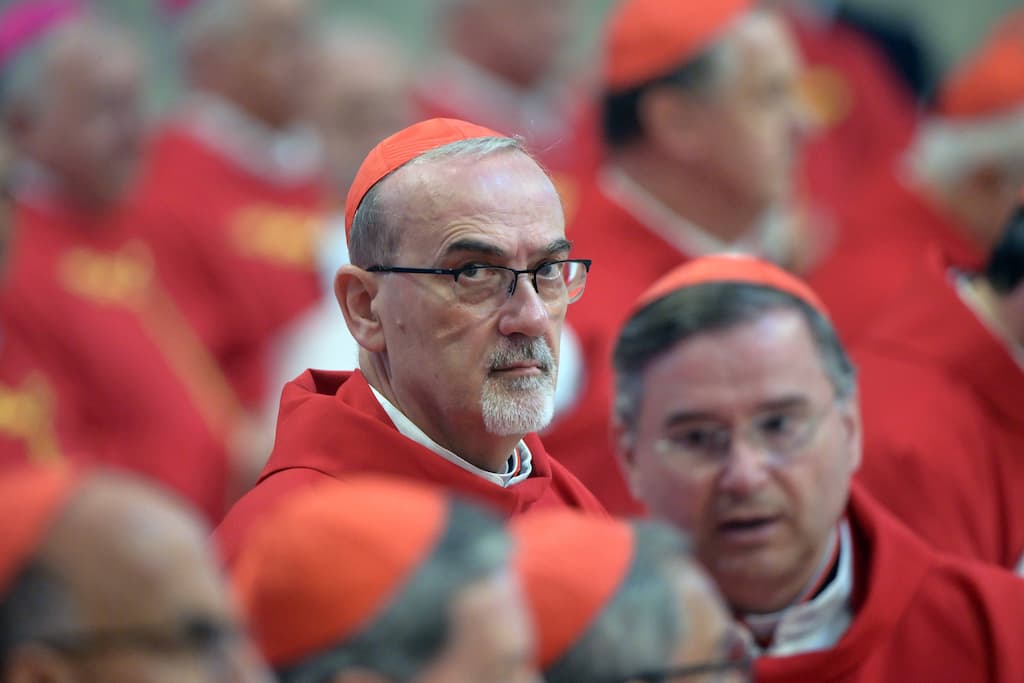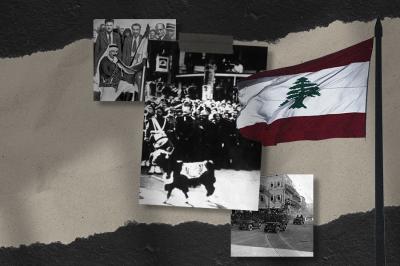Pierbattista Pizzaballa, Latin Patriarch of Jerusalem and cardinal since 2023, is seen as a credible candidate to succeed Pope Francis. This 60-year-old Italian Franciscan, appreciated across the different currents within the Church, represents a possible compromise figure between supporters of a European pope and those seeking a more universal Church.
Religious Journey and Mission in the Holy Land
Born in Lombardy in 1965, he entered the seminary at a young age, took his vows with the Franciscans at 20, and was ordained a priest in 1990.
Sent to Jerusalem for his studies, he experienced a profound cultural and spiritual shock, which he managed to overcome.
While teaching Biblical Hebrew, he contributed to the translation of the Roman Missal into Hebrew.
He joined the Custody of the Holy Land in 1999 and led it from 2004, overseeing Christian Holy Sites.
An Active Figure in Interreligious Dialogue
In 2014, he organized the historic prayer meeting at the Vatican between Shimon Peres and Mahmoud Abbas.
Appointed Latin Patriarch of Jerusalem in 2020, he became the highest Latin Catholic authority in the Middle East.
After the Hamas attacks in 2023, he stood out for his balanced stance, condemning terrorism while calling for peace for civilians in Gaza.
He symbolically offered to take the place of children held hostage by Hamas.
Pastoral and Ecclesiological Approach
A discreet man of faith, he does not publicly engage in controversial issues but adopts a traditional stance tinged with Pope Francis’s sensitivities: welcoming migrants, ecology, and interreligious dialogue.
He values the diversity of rites within the Church, reflecting open-mindedness despite his attachment to tradition.
Strengths:
A unifying figure in a divided Church.
A strong geopolitical symbol: a bridge between East and West.
His Franciscan simplicity embodies the vision of a humble Church, close to the poor and the people.
Weaknesses:
His age (60) could lead to a long pontificate, which worries some.
Limited knowledge of the Roman Curia.
Unclear ecclesiological positions, making his direction hard to predict.
Please post your comments on:
[email protected]
 Politics
Politics







